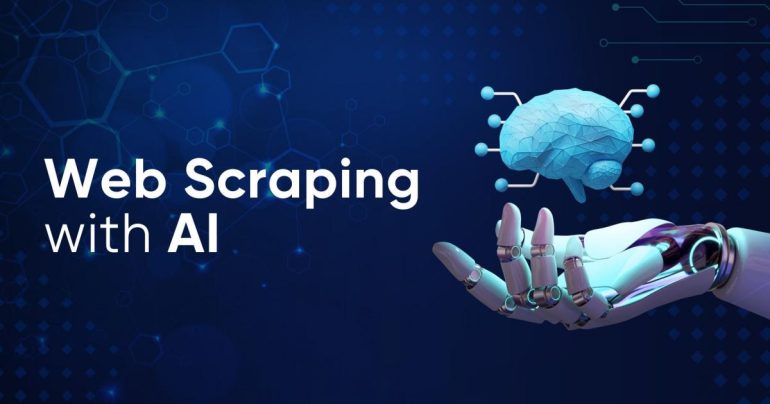- AI models depend on high-quality, up-to-date data for accuracy.
- Acquiring this data is complex and resource-intensive.
- Saldor streamlines web data collection and preparation for AI models.
- It automates data extraction, cleaning, and export processes.
- Saldor enhances developer efficiency by reducing manual data handling.
- The tool’s customization and flexibility make it valuable for AI projects.
Main AI News:
The effectiveness and accuracy of AI models rely heavily on the quality and quantity of the data they use. Acquiring accurate and relevant data is particularly challenging for large language models (LLMs), as these models require high-quality, up-to-date internet data to address specific issues. Gathering such data involves navigating various complexities, including coordinating web crawlers, identifying valuable content within websites, and preserving the contextual integrity of page layouts. Updating data can become costly and time-consuming as data changes over time.
Saldor is an advanced tool designed to collect and maintain high-quality web data for Retrieval-Augmented Generation (RAG). It excels at smart crawling, extracting, and structuring data from websites, effectively transforming disorganized web content into clean, actionable outputs. Whether the need is for structured JSON data for conventional applications or readable text for LLMs, Saldor streamlines this transformation process with minimal coding effort.
Engineered specifically for AI-driven tasks, Saldor simplifies the web scraping process, enabling developers to efficiently acquire the data necessary for training their AI models. By automating the often laborious data collection process, Saldor allows developers to focus more on the core aspects of AI model creation and refinement. With a reputation for user-friendliness, reliability, and high-quality data output, Saldor optimizes developers’ workflows by handling tedious web scraping tasks. Its customizable and flexible approach to data collection makes it an invaluable asset for AI projects, allowing developers to concentrate on more strategic elements of their work.
Saldor operates through a series of well-defined steps. Users begin by specifying the domains or web pages to be scraped, which may include specific URLs, entire domains, or particular page elements. Saldor then intelligently identifies and retrieves the required data from the selected websites, encompassing various types of information such as text, images, and links. The extracted data is meticulously cleaned and formatted to ensure quality and consistency, which might involve standardizing the data, correcting errors, or eliminating duplicates. Finally, the cleaned data is exported in a suitable format, such as CSV, JSON, or XML, facilitating easy integration into AI development workflows.
Saldor plays a crucial role in enhancing the efficiency and quality of the web scraping process, thereby strengthening the overall AI development pipeline.
Conclusion:
Introducing tools like Saldor into the market represents a significant advancement in the AI development process. By automating the complex and time-consuming tasks of web scraping and data preparation, Saldor increases efficiency and reduces the barriers to entry for smaller AI development teams. This situation could lead to a more competitive market, as more players can access high-quality data for building robust AI models. The ability to quickly and reliably gather and clean data will likely accelerate innovation in AI, enabling faster time-to-market for new products and services and fostering a more dynamic and responsive AI ecosystem.

